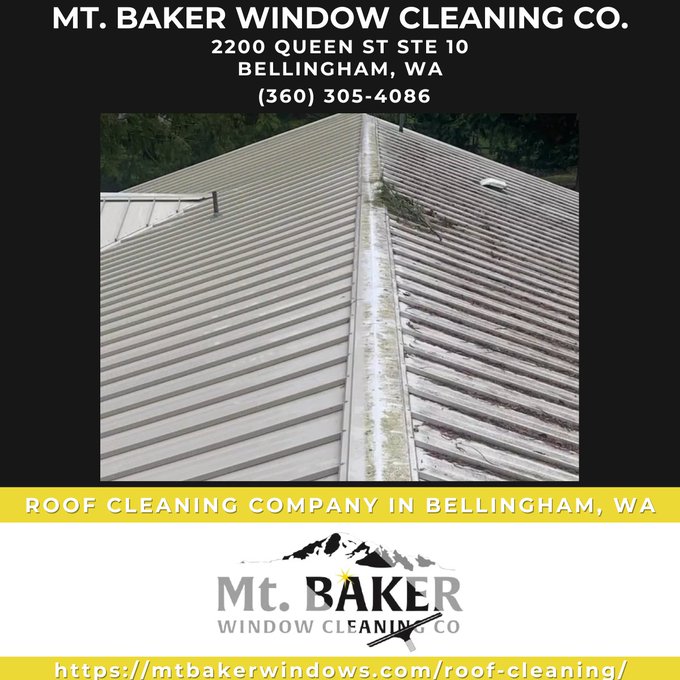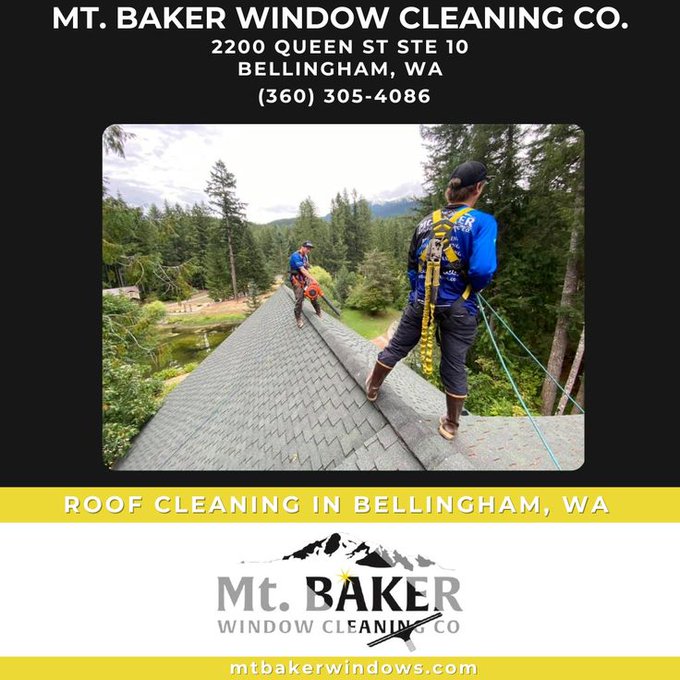Cleaning your roof might not be at the forefront of your mind as a homeowner, but it’s something that deserves attention. Many people wonder: Is it worth getting your roof cleaned? This article dives deep into the nuances of roof cleaning, exploring insights from experts in the field. With a friendly tone and practical advice, we’ll cover everything you need to know about maintaining that critical part of your home.
Is It a Good Idea to Clean Your Roof Regularly? Insights from Experts
When it comes to roof maintenance, cleaning is often overlooked. But here’s the truth: regularly cleaning your roof can significantly extend its lifespan and improve its appearance. Not only does it prevent the buildup of harmful substances like algae and moss, but it also helps prevent costly repairs down the line.
The Importance of Roof Cleaning
Many homeowners might ask themselves, “What happens if you don't clean your roof?” Without regular maintenance, roofs can develop a range of problems. Algae growth, for instance, can lead to dark streaks that diminish curb appeal and signify potential damage underneath.
Regular cleaning can mitigate these issues by removing debris and preventing water pooling—factors that contribute to leaks and structural damage.
How Often Should You Clean Your House Roof?
Experts generally recommend cleaning your roof at least once or twice a year. However, various factors can influence this frequency:
- Location: Homes surrounded by trees may accumulate more debris. Weather: Regions with high humidity or frequent rain may require more frequent cleaning. Roof Type: Different roofing materials have varying needs.
Factors Influencing Cleaning Frequency
| Factor | Recommendation | |---------------|--------------------------------------------| | Location | Once or twice yearly | | Weather | More often in humid areas | | Roof Type | Depends on material; consult with experts |
Is Soft Washing a Roof Worth It?
Soft washing has gained popularity as an effective method for cleaning roofs without causing damage. Unlike pressure washing—which can strip away granules from shingles—soft washing uses low-pressure water combined with specialized detergents to safely remove algae, moss, and dirt.
“Soft washing is particularly beneficial for asphalt shingles,” says John Residential Roof Cleaning Bellingham Doe, a roofing expert. “It cleans effectively while preserving the integrity of the material.”
What Type of Roof Cleaning Is Best?
Choosing the best method for roof cleaning depends on several factors:
- Material: Asphalt shingles benefit from soft washing; metal roofs can handle pressure washing better. Condition: If there’s heavy moss buildup, more intensive methods may be needed.
Does Roof Cleaning Damage Shingles?
One concern homeowners have is Affordable Roof Cleaning Bellingham whether cleaning their roofs will cause damage to shingles. The answer largely depends on the method used:
- Pressure Washing: This method can indeed damage shingles if not done properly. Soft Washing: Generally regarded as safe and effective without damaging shingles.
How Do Professionals Clean Roofs?
Professional roof cleaners typically follow these steps:
Assess the condition of the roof. Choose an appropriate cleaning method (soft wash vs pressure wash). Apply specialized detergents. Rinse thoroughly with water (if using soft wash).This thorough approach ensures that roofs are cleaned efficiently without causing harm.
Can I Clean My Roof Myself?
While some homeowners may feel comfortable tackling roof cleaning themselves, it’s essential to consider safety first. Here are some tips if you decide to go this route:
" width="560" height="315" frameborder="0" allowfullscreen>
- Use proper safety equipment (harnesses, ladders). Avoid walking on steep pitches. Consider hiring professionals for hard-to-reach areas.
What Is the Cheapest Way to Clean a Roof?
If you’re looking for economical solutions, here are some budget-friendly options:
DIY soft wash using household products like vinegar or baking soda mixed with water. Rinsing with water after rainstorms to prevent buildup.However, be cautious about what products you use; harsh chemicals can damage roofing materials over time.
Should I Pressure Wash My Roof?
Pressure washing is often debated among homeowners. While it can clean effectively:
Instead of opting for this method casually, evaluate your roof's condition first and consult professionals if necessary.
How Long Does Roof Cleaning Last?
After a thorough cleaning, how long will your efforts last before needing another round?
Typically:
- A professional clean lasts approximately 1-3 years depending on environmental conditions.
Regular maintenance practices—like keeping gutters clear—can help extend this duration even further!
What Are the Cons of Roof Cleaning?
While many benefits exist in maintaining a clean roof, there are cons as well:
Potential for damage if done incorrectly—pressure washers especially pose risks. Cost considerations; professional services aren’t always cheap. Weather-dependent scheduling; rainy days delay effectiveness.Does Roof Cleaning Extend the Life of a Roof?
Absolutely! By removing harmful substances like algae or moss that retain moisture against your roofing material's surface, regular cleanings help prolong its lifespan significantly—potentially adding years!
FAQ Section
How often should roofs be cleaned?- It's recommended once or twice yearly based on location and environmental factors.
- It's not advisable unless you're experienced in doing so safely; consider hiring professionals instead.
- Yes! Sealing protects against moisture penetration after cleaning but must be done correctly to avoid trapping dirt beneath layers.
- Professionals typically employ specialized soft-wash systems combined with eco-friendly chemicals designed specifically for different types of roofs.
- Depending on climate and maintenance routines afterward—the length varies between 1-3 years before needing another service call!
- Steam cleaning can be safe when applied correctly but should only be performed by professionals familiarized with best practices across various materials used today!
Conclusion
In conclusion, proper care for your roofing system shouldn’t take second place behind landscaping or siding maintenance! As we’ve explored throughout these insights from experts—it’s clear that regular cleanings prove vital in safeguarding both aesthetics & functionality alike! So next time someone asks you—"Is it worth having my rooftop treated?"—you’ll confidently say yes after considering all we've learned together today!
This comprehensive guide captures essential information regarding routine upkeep while providing applicable advice tailored specifically towards each unique situation faced by homeowners everywhere!

